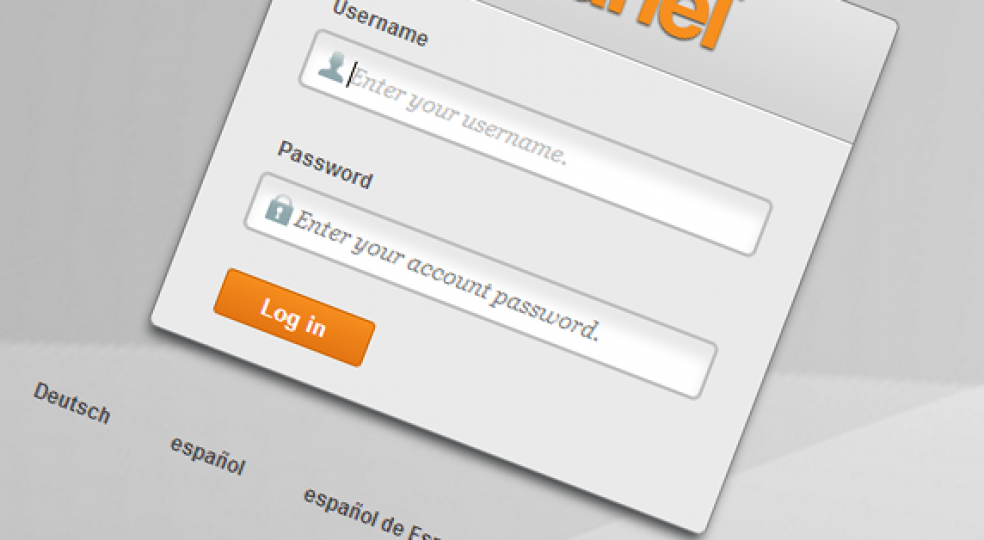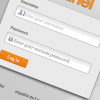
Social:haus warns of 'reputational risk' from password hacks
Businesses that use online resources are being warned that they risk serious reputational damage if they do not keep on top of their password security according to Devon-based training and marketing agency, Social:haus.
The hacking of social, gaming and other online platforms and resources is nothing new and Social:haus CEO, James Barisic, says that it is the most likely cause of a noticeable spike in the number of hacked Twitter and Facebook accounts appearing online – and an increase in spam messages, including pornography and phishing attacks, appearing on social media streams.
James says that he has noticed a recent increase in the number of inappropriate messages on social media. “We manage a number of Twitter and Facebook accounts with a combined audience of many thousands and, over the past couple of months, we have seen a lot more spam direct messages appearing in our inboxes from the compromised accounts of followers.
“As a rule, we do not click on links that are sent by direct messages but, if you do, they can further compromise your security depending on where the link takes you. Often, they are just to sites that want to sell you something. However, those which point to pornography have the potential to do serious reputation damage to the sender as it looks like they sent it and links which point to more sinister security risks – such as phishing sites – can do more immediate damage to the recipient.”
Social:haus often tries to find and help people who find their accounts hacked (whether they are clients or not). Due to the amount of hacks that it has been seeing, they wrote a guide to recovering from a Twitter hack and one for Facebook. The links for the guides are at
Recovering from Twitter hacks: http://www.socialhaus.co.uk/learn/helpful-info/twitter-hacked-recover-yo...
Recovering from Facebook hacks: http://www.socialhaus.co.uk/learn/helpful-info/facebook-hacked-get-back-...
James Barisic puts the rise in hacks down to “using simple passwords and also using a single password for everything. People need to consider the implications of having simple, short passwords that computers can guess in seconds and just reusing that password everywhere. Starting with a password that is at least 12 characters long (lower and upper case) is always a good idea.”
Social:haus delivers training courses on practical online security and James remembers one particular session for solicitors that was held in Plymouth. “I had a slide that had the 20 most used passwords online. They had been identified from known hacks and were assembled from many millions of known active passwords. When I explained the security implications of having one of those passwords and put that slide up – well, let’s just say that from their faces, I could tell the passwords of about three quarters of them!”














